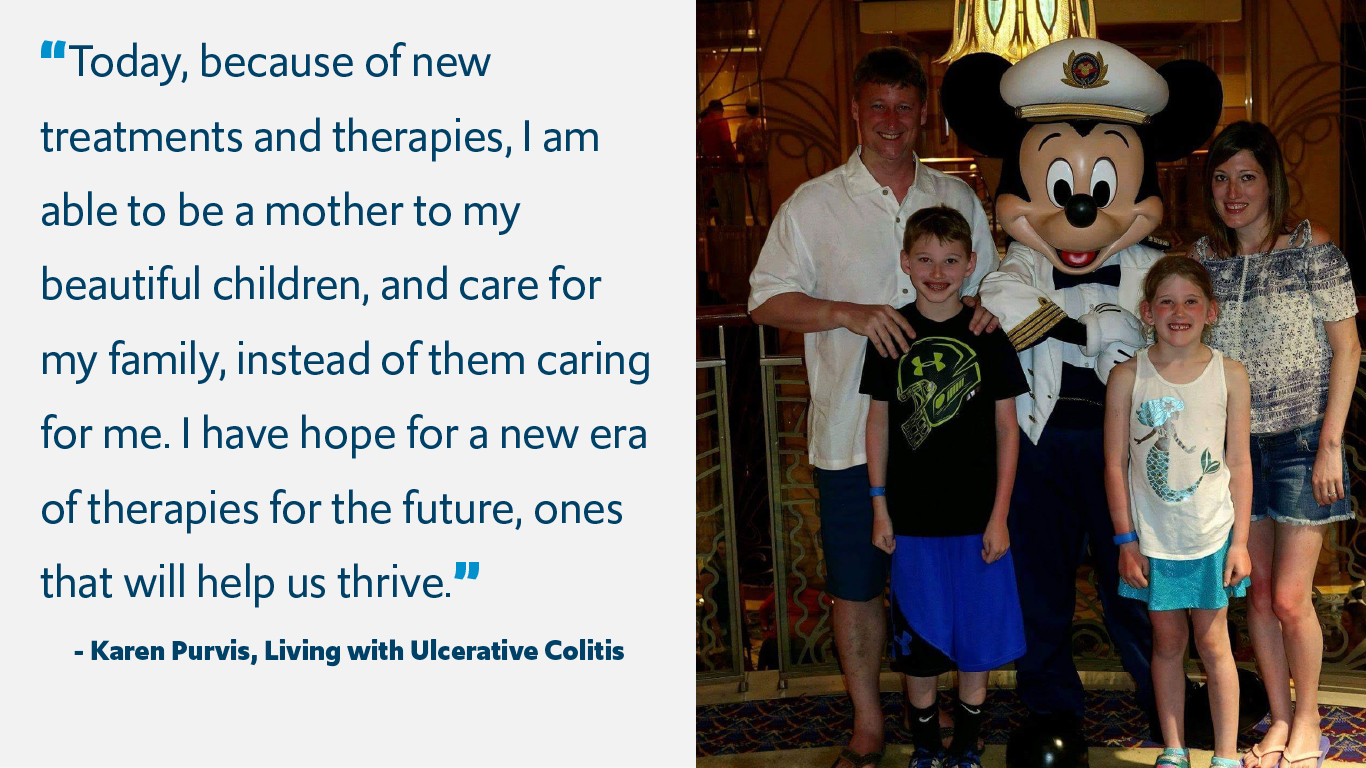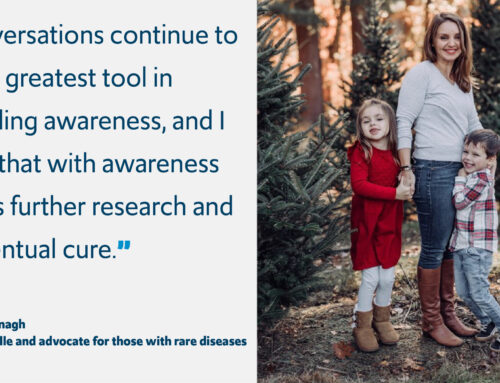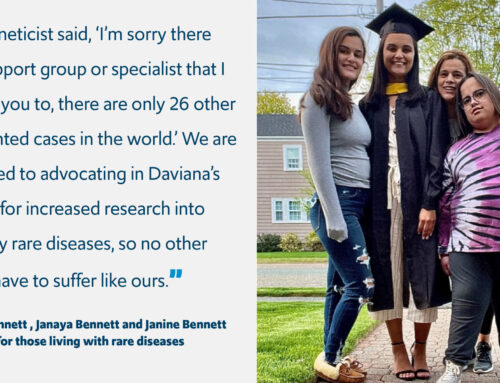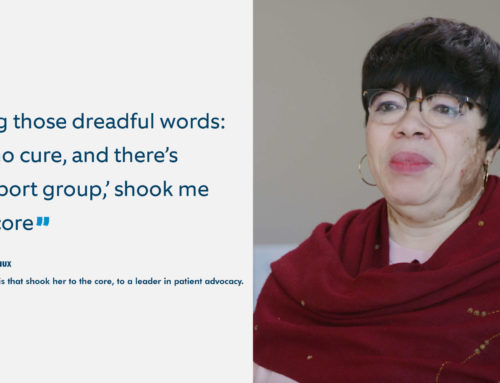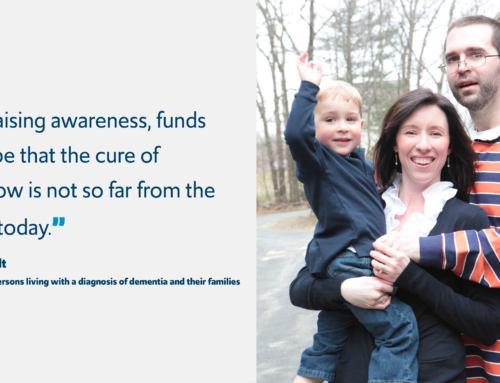At the age of 29, my life changed dramatically. After the birth of my second child, I was diagnosed with severe Ulcerative Colitis, known as Inflammatory Bowel Disease (IBD). It’s certainly not something that’s easy to talk about.
I have been suffering from this rare, debilitating condition, Ulcerative Colitis, for more than 10
years. During that time, I have done my best to live a “normal” life despite horrific, chronic bouts of diarrhea—up to 20 times per day. I have endured mortifying accidents because I couldn’t get to a bathroom in the 30-second window my disease provides. I have spent countless nights awake, unable to sleep due to crippling pain. I have cried from sheer exhaustion and humiliation.
There is no cure for IBD. Every day is a struggle for me. I have had to live with anxiety, anemia, fatigue, nausea, weight loss, dehydration, and extreme abdominal pain.
In June of 2018, after failing several medications, I finally achieved clinical and endoscopic remission due to a newly introduced biologic. When I first started medical therapy in 2009, this biologic wasn’t available. Due to innovation and research, I was finally able to get into remission, which dramatically improved my quality of life.
Patients like me need more therapies in the IBD pipeline. The medications that are available today don’t work for everyone, and they could stop working for me tomorrow, as I have learned from past experience. We need to drive innovation to give us options to manage our emotionally and physically painful symptoms, and hope for a future cure. And we need help managing the multiple hurdles we face to access novel medications in Massachusetts, including step therapy.
Today, because of new treatments and therapies, I am able to be a mother to my beautiful children and care for my family, instead of them caring for me. I have hope for a new era of therapies for the future, ones that will help us thrive. Without support, health will continue to decline and our quality of life will be diminished.
I fight every day, and will continue to advocate for innovation, in the name of all patients suffering from IBD or rare disease.
Karen Purvis
Living with Ulcerative Colitis

